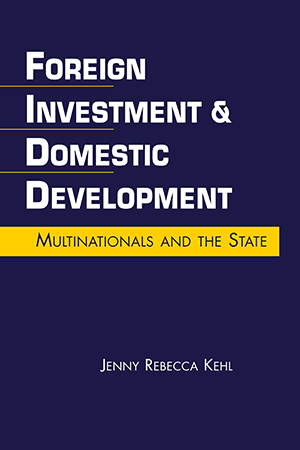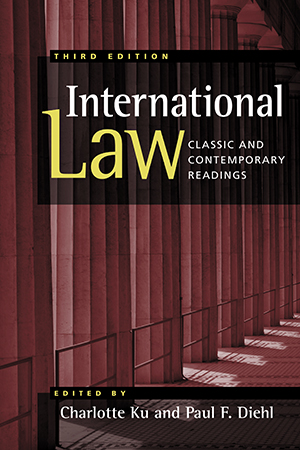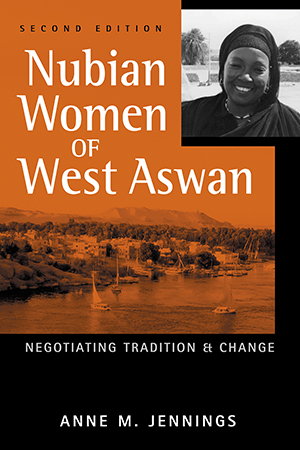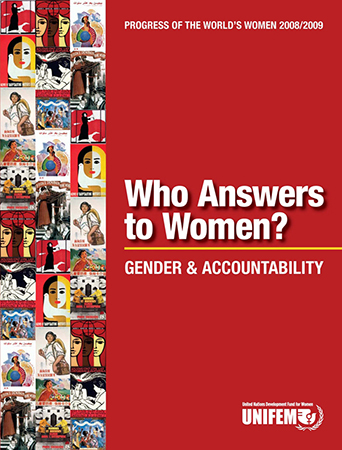BOOKS
The authors explore the application of situational crime prevention (SCP) techniques to the battle against terrorism. "It is little wonder," the editors assert in their More >
Why do well-educated young professionals engage in frequent and intensive drug use at dance clubs? And how do they protect themselves from drug-related illnesses and involvement with the More >
Light of My Eye affectionately recreates the waning days of the once thriving Jewish community of Cairo during the turbulent period between the collapse of the Egyptian monarchy and More >
It has been more than 25 years since Moses Aloetta became one of the “Lonely Londoners” in the novel of that name. Now—though an avowed Anglophile—he hankers for More >
Do the traditional tools of governance make sense in the decidedly nontraditional political entity that is the European Union? Or are the realities of the unique EU system generating new, More >
Mila works at Heaven, a little bar on "blowjob alley" in Angeles city, the Philippines. Once the site of the United States Clark Air Force Base, the city is now one of the busiest More >
How is it that billions of dollars flow through the developing world without altering its reality of poverty and scarcity? Jenny Kehl explores the crucial relationship between foreign direct More >
Covering subjects ranging from treaties and dispute resolution to the environment, human rights, and terrorism, this anthology reveals the influence of international law on political More >
In the decade-and-a-half since the first edition of this book was written, there have been dramatic changes both in the town of Aswan and among the devoutly Muslim Nubians of the of West More >
Progress of the World’s Women 2008/2009 presents new data providing clear evidence that women's empowerment and gender equality are key drivers for reducing poverty, building food More >



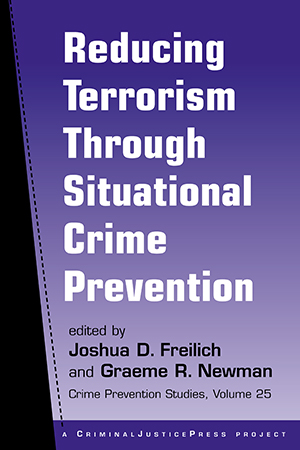
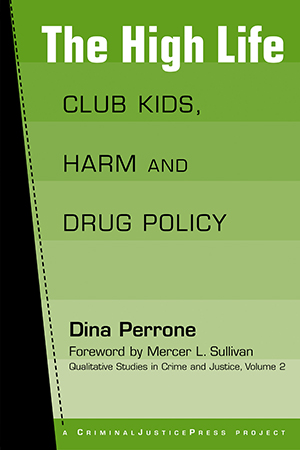
![Light of My Eye [a novel]](/uploads/6709672bac083.jpg)
![Moses Migrating [a novel] (new edition)](/uploads/6706c73359701.jpg)
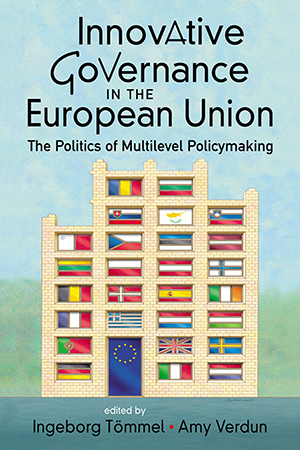
![Hope in Heaven [a DVD directed by Meredith Ralston and narrated by Kiefer Sutherland]](/uploads/67115ed0007d2.jpg)
